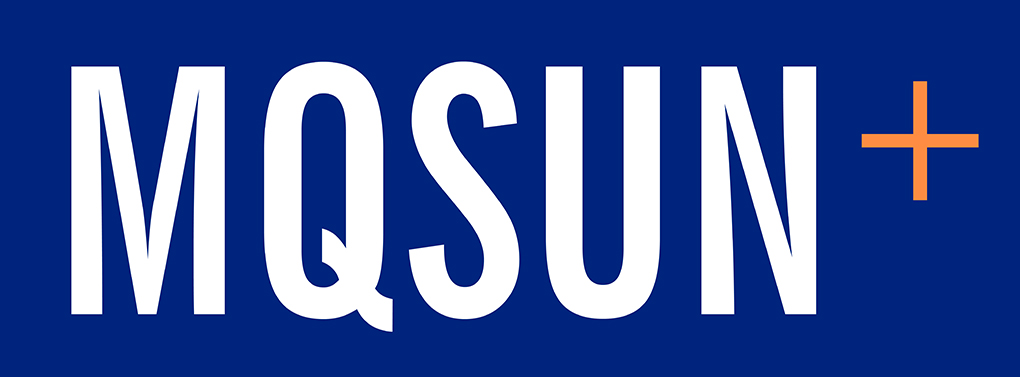This guide aims to provide governments, implementers and donors with evidence-based guidance for ensuring adequate inclusion of nutrition as part of the health sector. It addresses these questions: (1) Why is nutrition integral to health? (2) What is the evidence base? (3) What does this mean for decision makers and implementers? and 4) What tools are available?
It is essential that decision makers consider nutrition as an integral part of health. Suboptimal diet is the largest driver of morbidity and mortality worldwide, above tobacco smoking. As well, malnutrition in all its forms—including that due to suboptimal diet—significantly increases the risk of infectious and noncommunicable diseases and maternal and neonatal mortality. The seminal United Nations Children’s Fund (UNICEF) framework on the determinants of child undernutrition illustrates the connections between nutrition, diet and disease and the underlying and structural drivers influencing these. Nutrition and other areas of health are inextricably linked; interventions to improve the latter should look to incorporate actions to improve the former. Health is not achieved without nutrition.
Good nutrition also supports development. The economic losses incurred due to malnutrition and nutrition-related disease amount to trillions at the global scale, hampering economic development. Out-of-pocket payments for health services push some 100 million people into extreme poverty annually, limiting capacity and, thereby, economic growth.
Ongoing conversations, such as those led by the World Health Organization (WHO) around achieving universal health coverage, are an opportunity to secure nutrition’s place within health. Decision makers should seize this moment to ensure that nutrition is part of health policy, systems and financing.


